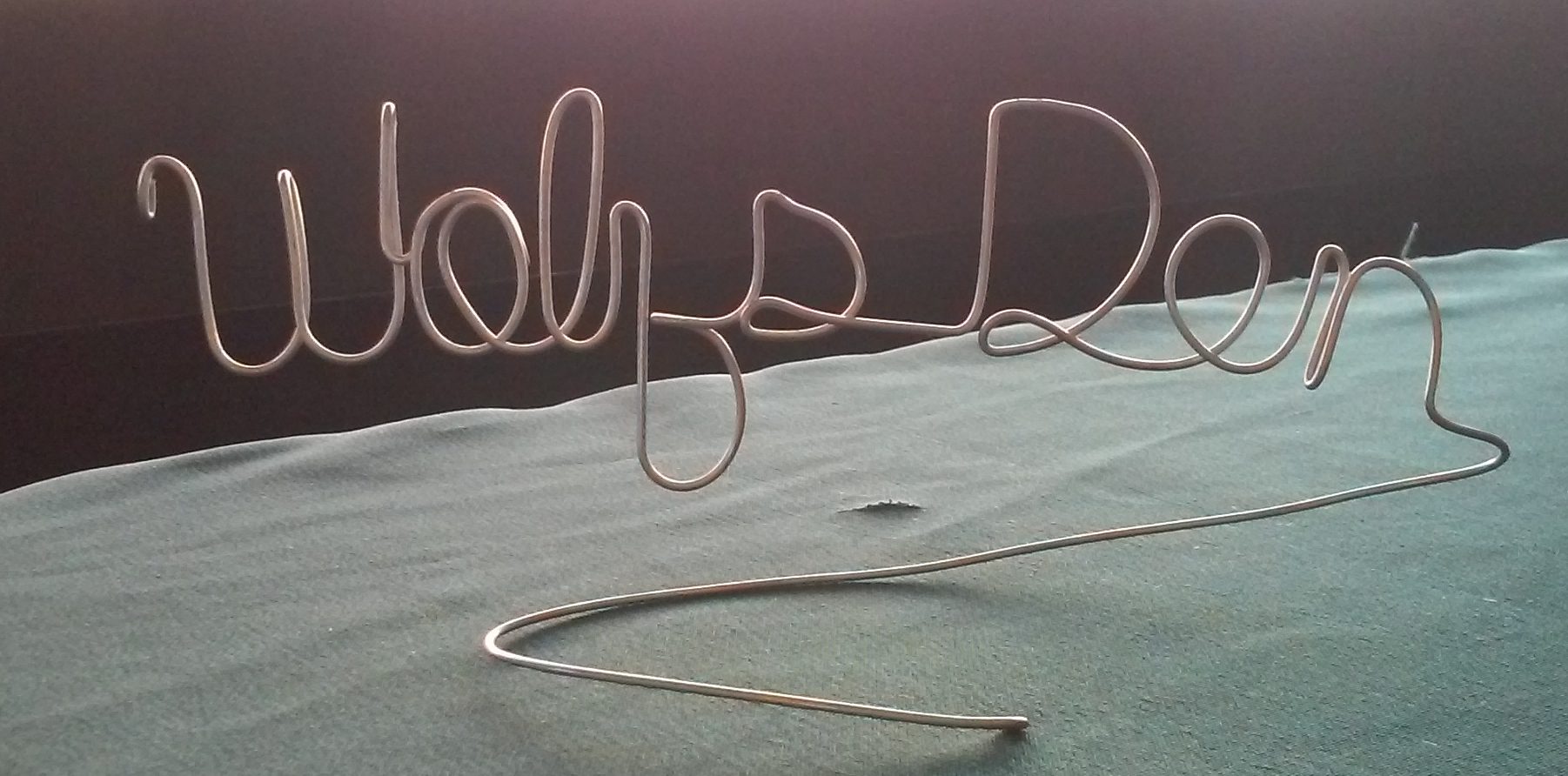The strategy and philosophy of ‘The End’ according to Wiggins.
It was of nothing in particular, yet everything combined.
I have a penchant for ‘signing off’ on a story wherein not all questions have been answered. Perhaps a better way to describe it is that I tend to leave a story somewhat open to reader interpretation. Sometimes it’s a sucker-punch ending. I’m okay with leaving a story on this non-resolved note.
In my opinion, stories that are memorable, the ones that still haunt long after reading, are the ones that: 1) Began with questions; 2) Has at least one, ‘Well, damn, that sucks! Why’d ya have to…’ scene/event (commonly referred to as: kill your darlings—or at least maim them); and, 3) Ends with a lingering question or two.
How fulfilled* do readers need/want to be when reaching a story’s conclusion? The answer is simple: They want all ongoing story questions fully answered by ‘The End’, myself included. The conundrum for writers here is: Do we answer every question and mystery fully? Or do we leave the door cracked open for intrigue? I personally opt for the intrigue, but with enough of the questions answered so that the story feels complete yet available for interpretation at the reader’s own discretion.
*fulfilled – satisfied/feelings of completion/content/resolved/whichever label an average reader chooses to describe their thoughts on any given novel’s ‘The End’.
But it’s not simply all about the reader’s happiness at ‘The-End’ conclusions. It’s also about the writer’s own sense of true endings. At what seems like an end to the last chapter of a saga, I have to ask myself: Is this really the end? Is there ever really an end to anything? I smile and answer: No. There is no ‘end’, just like there was no ‘true’ beginning.
And even if there were two such entities, they would and should arc—meeting in some perfect, while also ambiguous, neither-here-nor-there realm—and form a perfect circle when looking at it from outside the proverbial glass house.

It comes down to this: You are the ‘God’ of your manuscript, and therefore, you say how it ends. Don’t sweat it… it’s your creation.

